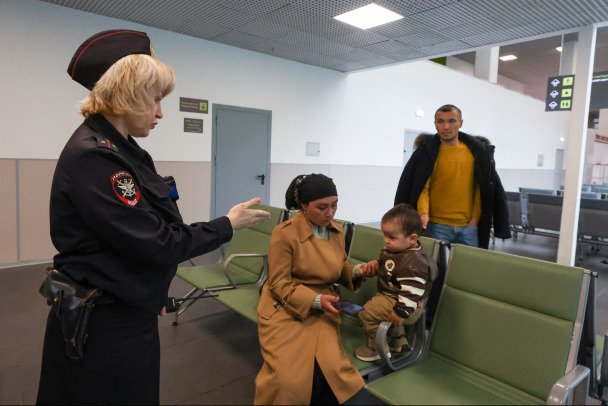Russia: PonteSud – Chiquera Swanepoel
Under the proposed legislation, educational institutions would be required to share personal information about migrant children and their parents with the Interior Ministry. This would include details such as Russian language test results, school enrollment and expulsion records, and the registration status of foreign nationals in the Interior Ministry’s controlled persons registry.
In return, the Interior Ministry would provide educational authorities with information about the children’s registration or migration status, including their placement on migration records, the State Duma Speaker Vyacheslav Volodin said, according to RBC.
“This will allow for swift exchanges of information regarding the legal status of migrant children and their families in Russia, which will influence subsequent decisions. It will also help identify migrant children who have not enrolled in school, preventing their involvement in illegal activities and protecting them from harmful behavior,” Volodin explained.
Additionally, the bill proposes that all migrant children undergo mandatory Russian language proficiency testing, with results to be entered into a federal information system.
Earlier in April, RBC reported that the government commission had endorsed the initiative, which involves amendments to several federal laws. Vice Prime Minister Tatyana Golikova, in an interview with Expert, emphasized that these changes are crucial not only for safeguarding children’s right to education but also for enforcing migration laws and ensuring national security.
Since April 1, Russian schools have been prohibited from enrolling migrant children who do not demonstrate proficiency in the Russian language. To meet the required standard for the school curriculum, migrant children must undergo language testing. If a child fails, they will be required to attend additional classes, with retesting allowed only after three months.
Volodin noted that the new regulations have already shown effectiveness, with only 4% of applicants having been accepted into schools, highlighting the stringent language proficiency requirements for migrant children.







